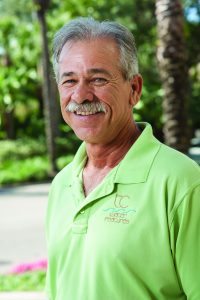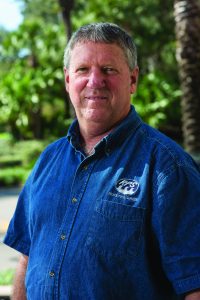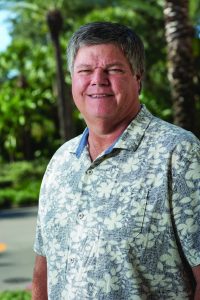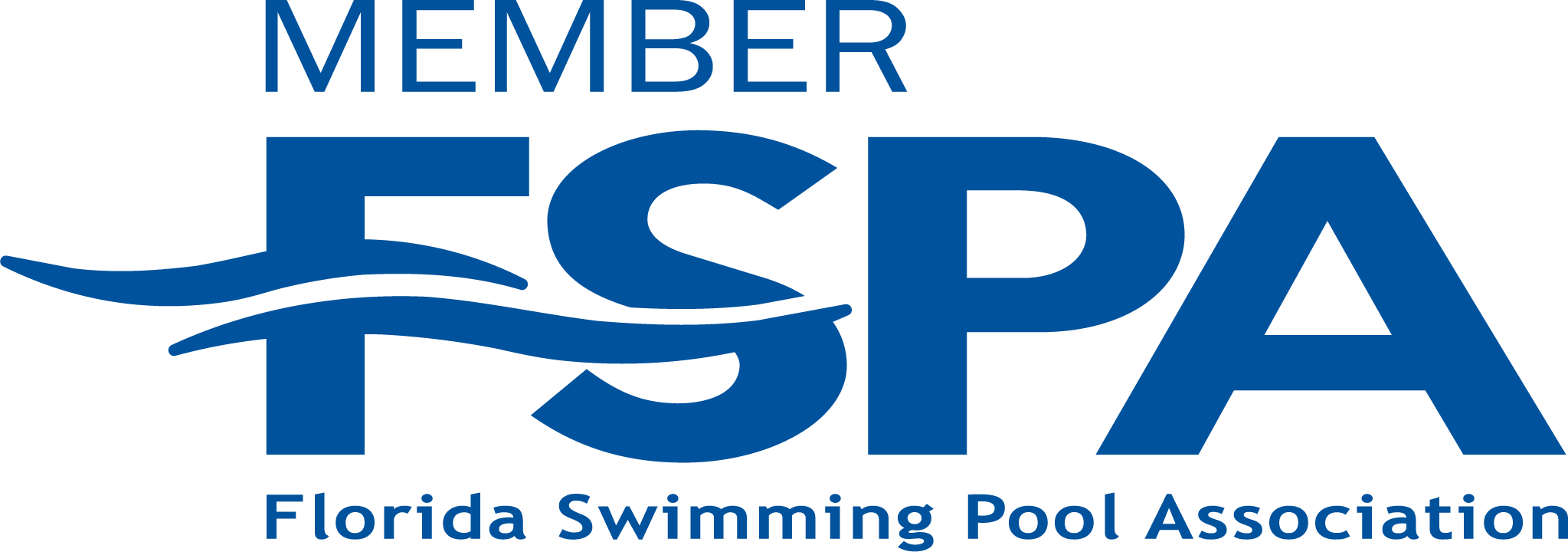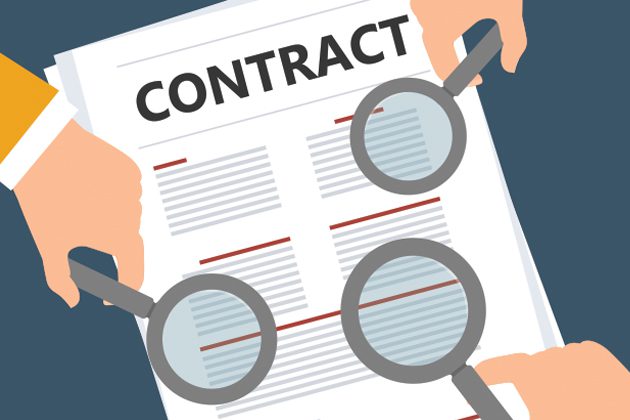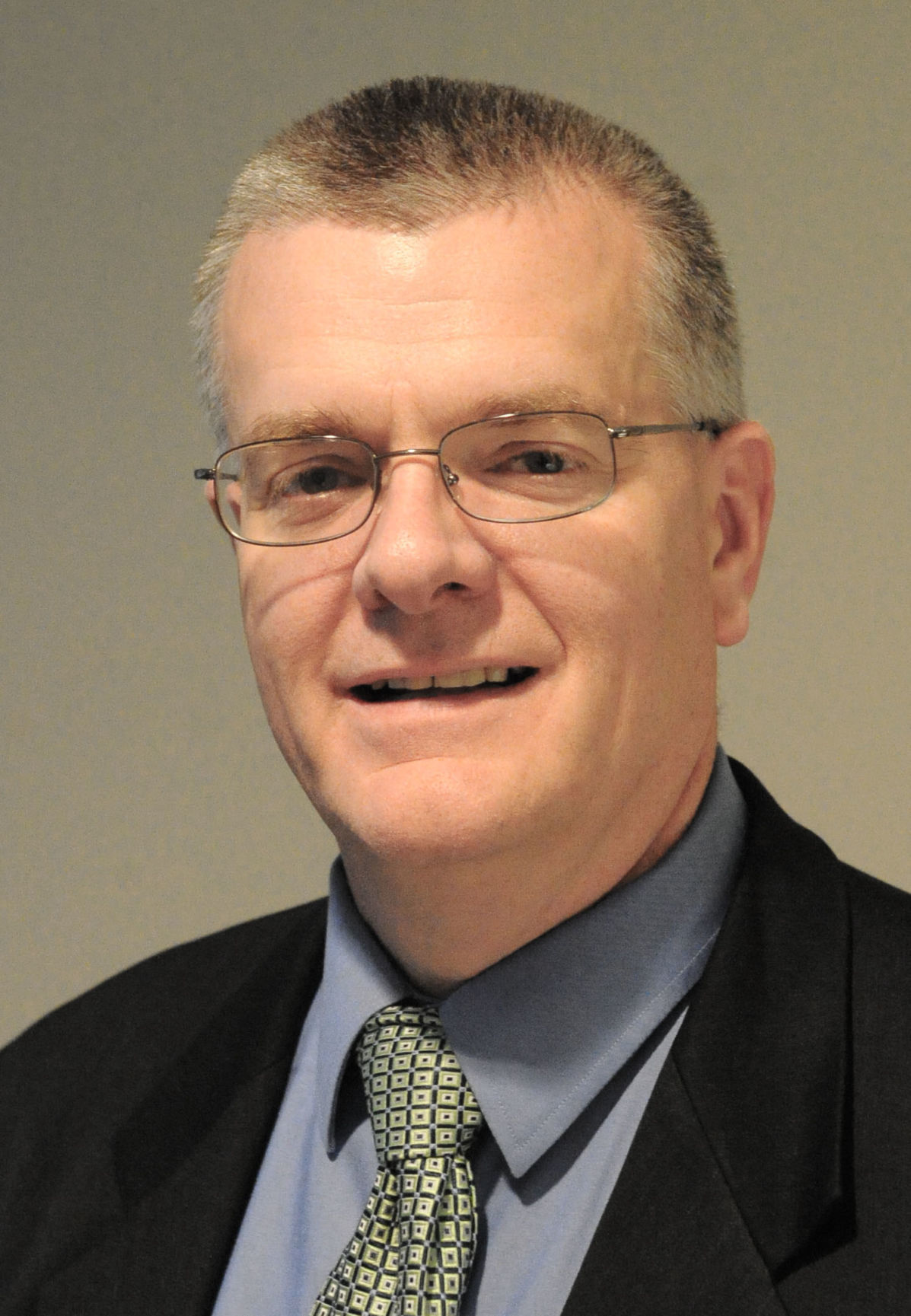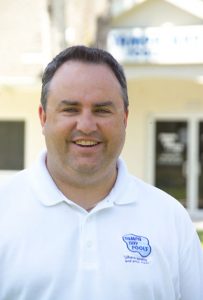 Ken McKenna
Ken McKenna
FSPA President
Tampa Bay Pools
As we near the end of 2017, I can’t help but reflect back on a very busy and productive year for our Association. This year saw us expand our office space into the building next door. Right now we will be collecting rent but our future plans will be to turn the space into a training center for manufacturers to utilize in addition to offering our 16 hour course, 60 hour course and any training really. This is exciting as it will give us a true training center instead of needing to find and rent space. Manufacturers will be able to set up equipment for hands on training and leave it there for future training as well. This is an exciting venture for us and I know I am looking forward to seeing this come to fruition in the next few years.
We took a real big step forward with our PIPAC program this year. Never before have we seen such a commitment from our members to raise money and not only commit money this year but for up to three years. Now we have distributors and manufacturers stepping up to the plate. Having raised funds in the six figures so far, and that number is still climbing, is exciting to say the least. We hired an individual to head up the campaign to raise funds and spread our message among the chapters on why it is so important to raise money and give to PIPAC. Legislative Days are coming in January and I encourage people to get involved and see the political process and see why we need to raise funds to make our voice get heard in Tallahassee. Jennifer does a great job as our lobbyist but a strong PIPAC makes her job easier and gives her the tools to be even more successful.
We started a task force to look at 489 to examine what we may need to look at within the scope of the pool license and see what may need to be changed legislatively. This task force is a collection of builders, service, electricians, distributors, and manufacturers. They have met on several occasions and are working hard with the hopes of putting something together for the 2019 legislative cycle. It is great to see the pool industry come together to work toward one common goal.
We were able to clarify through a rule with the CILB what a pool builder and service person can do electrically on a pool. Jennifer Hatfield worked tirelessly on this and through her efforts this rule was adopted and helped protect what many of us were doing every day to earn money and feed our families. This is the power of the FSPA coming together and working to protect its members.
I want to thank Wendy and her staff who work tirelessly every day to make this Association run smoothly. My year as president was made so much easier by Wendy’s efforts that I couldn’t have done it without her. Thank you, Wendy. It was my honor to serve as your president this year. Finally, I want to wish everyone a very happy holiday for 2017 and a very happy and prosperous 2018.



